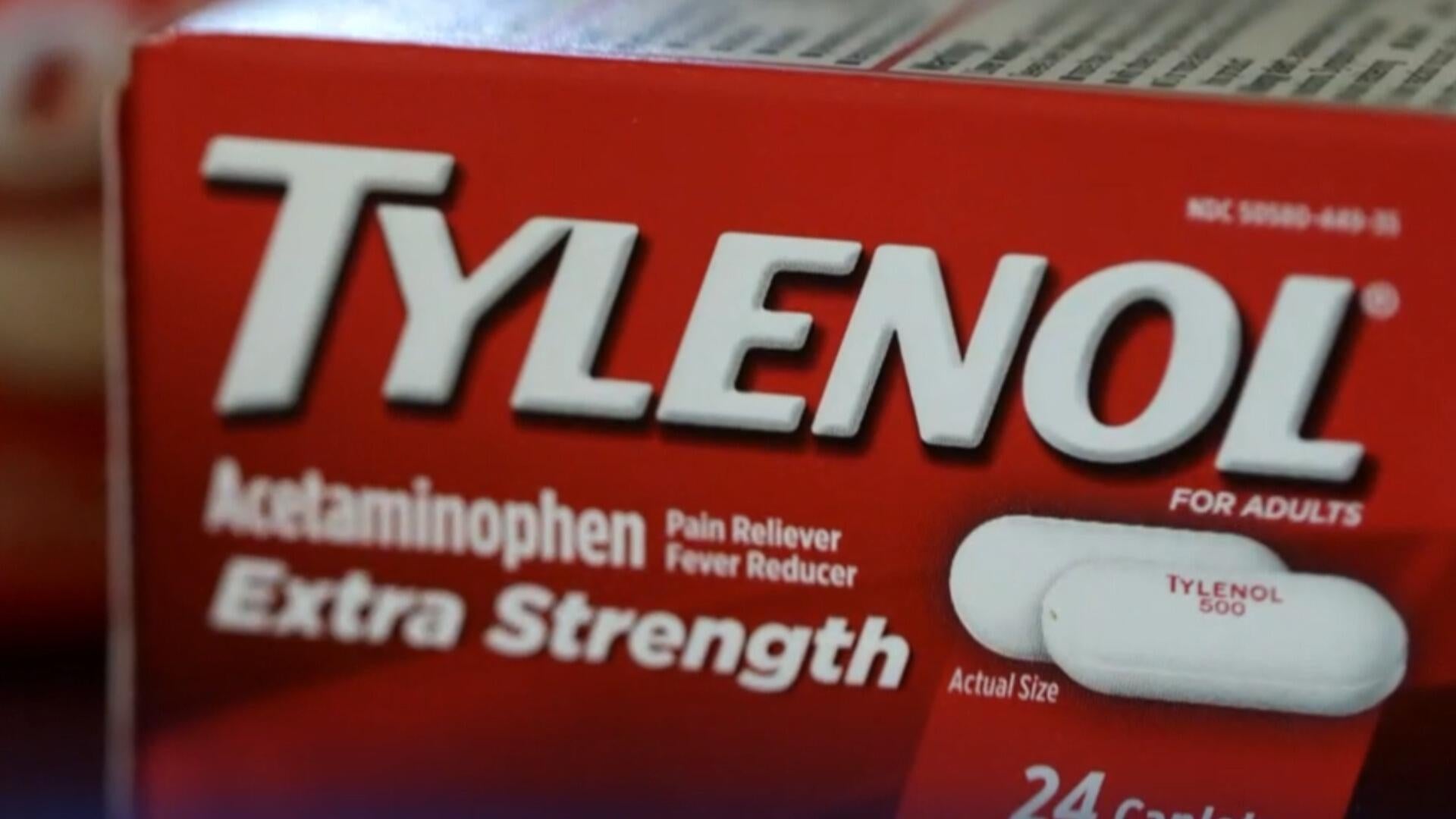
A recent announcement linking acetaminophen (the active ingredient in Tylenol) use during pregnancy to an increased risk of autism in children has been met with widespread pushback from global health experts and organizations. The claim, made by the Trump administration, directly contradicts the findings of numerous studies and established medical consensus.
The European Medicines Agency (EMA) has stated that there is “no new evidence” supporting a causal link between acetaminophen use during pregnancy and autism. They maintain that paracetamol (the name for acetaminophen outside the U.S.) remains a safe and important option for treating pain and fever in pregnant women, based on a thorough assessment of available scientific data.
Similarly, the United Kingdom’s Medicines and Healthcare products Regulatory Agency (MHRA) has affirmed that taking paracetamol during pregnancy remains safe and that there is no evidence linking it to autism in children. Australia’s chief medical officer and the Therapeutic Goods Administration (TGA) have issued a joint statement echoing this sentiment, aligning themselves with other global regulatory bodies and leading scientists in rejecting the claims.
Spain’s Ministry of Health (Spanish Ministry of Health) has also affirmed the safety of paracetamol use during pregnancy, with the country’s health minister, Mónica García, directly criticizing the lack of evidence and misinformation surrounding the claim. In a statement on X (X), she highlighted the unsubstantiated nature of the allegations, contrasting it with credible health authorities’ recommendations. The statement referenced a previous instance of unsubstantiated claims made by the same individual, referring to a past suggestion of injecting disinfectants.
The World Health Organization (WHO) has also weighed in, stating that the evidence linking acetaminophen use during pregnancy and autism remains inconsistent. This aligns with the results of large-scale international studies, such as a major study published last year (major study) which followed nearly 2.5 million children in Sweden over 25 years and found no increased risk of neurodevelopmental disorders associated with acetaminophen use during pregnancy. In the U.S., several organizations, including the American College of Obstetricians and Gynecologists and the Consumer Healthcare Products Association, have also refuted the claim, citing a lack of clear evidence and emphasizing the established safety profile of acetaminophen supported by decades of research. The Autism Science Foundation (Autism Science Foundation) has also issued a statement criticizing the limited and conflicting nature of the science supporting the claim.

